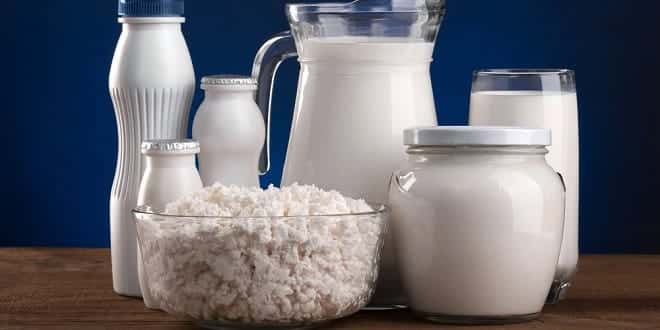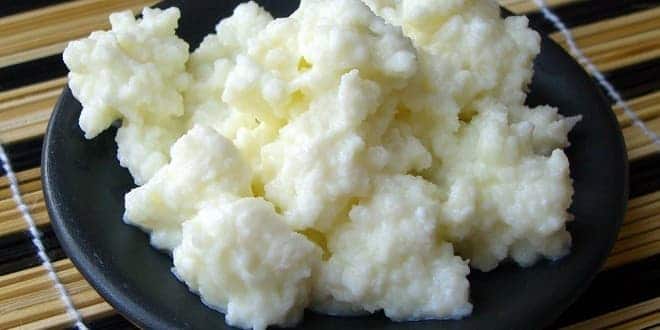How Much Probiotic in Kefir & Yogurt ( Dr. Raga )
HOW MUCH PROBIOTIC IN KEFIR & YOGURT?
By Probiotics Expert: Dr. Raga
What is probiotics?
Probiotics are microorganisms such as bacteria and yeasts which are believed to be beneficial to the body when consumed in adequate amounts.
According to most researchers, they believe that probiotics are able to aid in the improvement of digestive imbalances. It has been thought by the researchers that when the microflora in the intestines are not balanced in the way that they should be, certain health problems arise such as disorders of the gastrointestinal tract.
Probiotics are known to help in restoration of the right amount of beneficial bacteria in the intestines which overall affects improved overall health.
Kefir
Kefir is a fermented milk product which is believed to have originated from the Caucasus Mountains in Eastern Europe.
Commercial Kefir is produced from a milk product that is heated to remove possibly pathogenic bacteria. Then, a mixture of bacteria and yeasts is added for fermentation. This starter culture is called kefir grains which has a cauliflower like appearance. This is what gives kefir a unique taste and texture. Home grown Kefir only requires grains.
The bacteria used in kefir production is Lactobacillus caucasius which turns the lactose to lactic acid. This results to its tangy taste.
Meanwhile, the yeasts, Saccharomyces kefir and Torula kefir, ferment lactose into a small amount of carbon dioxide and alcohol. This plays a role in its carbonation.
Kefir Benefits
Nutrient source: Kefir contains essential nutrients and minerals that are important for proper functioning of the body such as protein, vitamin D, calcium, and calories
Probiotics: It aids in the maintenance of digestive health and prevents growth of harmful bacteria in the intestines. Also, helps in prevention of digestive disorders.
Eases off lactose intolerance
Weight loss due to its low calorie contents
Possible cancer prevention
Kefir Probiotic Count
Kefir contains some probiotic strains which cannot be found in yogurts. These are Lactobacillus Caucasus, Leuconostoc, Acetobacter species, Streptococcus species, Saccharomyces kefir and Torula kefir.
It has three times the amount of probiotics that are in yogurt. This is because of the fact that in order to ferment a milk with kefir, 10 to 20 different types of probiotic bacteria and yeasts should be mixed.
For example an organic kefir is comprised of about 40 billion probiotic organisms per half cup serving.
…




